Dazzling supermoon illuminates skylines around the world
Coronavirus: How India’s Kerala state ‘flattened the curve’
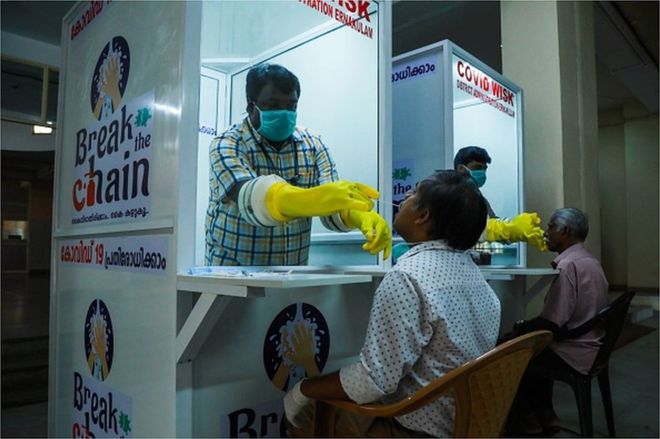
Kerala has reported three deaths and more than 370 confirmed cases
On 12 March, a 33-year-old salesman disembarked from a flight from Dubai at an airport in southern India, feeling very sick.
He was suffering from the chills, dry cough and breathlessness.
Airport officials quickly moved him to hospital in the city of Trivandrum in Kerala state, where they tested him for coronavirus.
Then they put him in an ambulance and sent him home to his village in Kasargod district, some 564 km (350 miles) away.
Chengala is a cluster of four wooded settlements where 66,000 people live. Most are engaged in farming paddy and vegetables.
Many others, like the young salesman, are among the more than two million people from Kerala who work outside the country, including in the Gulf states.
When the man reached Chengala, local village council members immediately reached out and the local public health centre took down his details.
They asked him to isolate himself from his wife and three children. So the man began living alone in a shed outside his house.
Six days later, his test came back as positive. By that time, he was already in isolation in his home. Later, he was taken to hospital, where he recovered. After returning home, the salesman is still living in isolation “just for safety”.
“We were ready from the very beginning. We realised a storm was coming. So we began erecting our defences,” Shahina Saleem, the president of the 23-member local village council, told me. These elected village councils are the lowest tier of governance in India.
Over the last month, Chengala has reported 22 cases of Covid-19 infection and quarantined more than 400 people. Twenty patients have recovered in hospital and returned home. More than 370 samples have been tested at hospitals some 8km away. Results usually arrive in 48 hours.
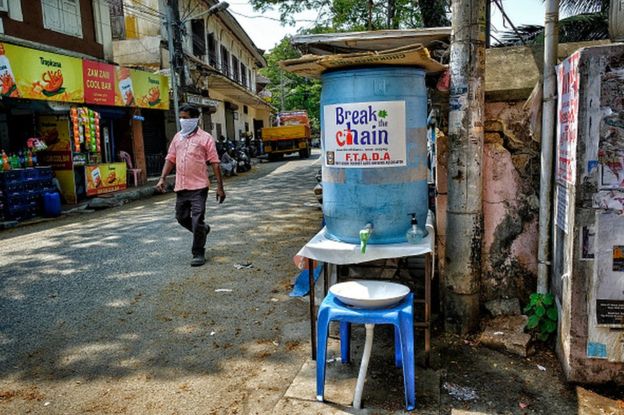
The local village council galvanised local health and community workers and opened a community kitchen to feed the people in isolation.
They have been providing free lunches for more than 1,200 people in the area – local residents and stranded migrant workers. Local health officers are making sure that villagers on medication get their pills on time.
Using a local helpline and two WhatsApp groups, the council encouraged local villagers to accommodate people who were in isolation and didn’t have enough space for social distancing at home. Two-dozen families vacated floors and even homes for this. Everyone in isolation now has to observe a 28-day quarantine.
Kerala, many believe, has turned out to be a striking outlier in the battle against the virus in India. The world’s second-most populous country has reported more than 9,750 cases and 377 deaths from the contagion so far.
In the beginning, the odds seemed to be stacked against the picturesque southern state, which is a major tourist location. In January, it reported the first Covid-19 case in India. The number of cases rose steadily, and it became a hotspot. Two months later, half a dozen states are reporting more infections than Kerala.


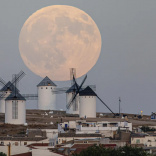

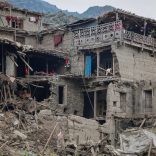

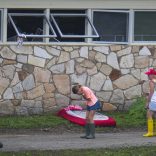




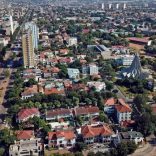
Leave a Reply
Be the First to Comment!
You must be logged in to post a comment.
You must be logged in to post a comment.